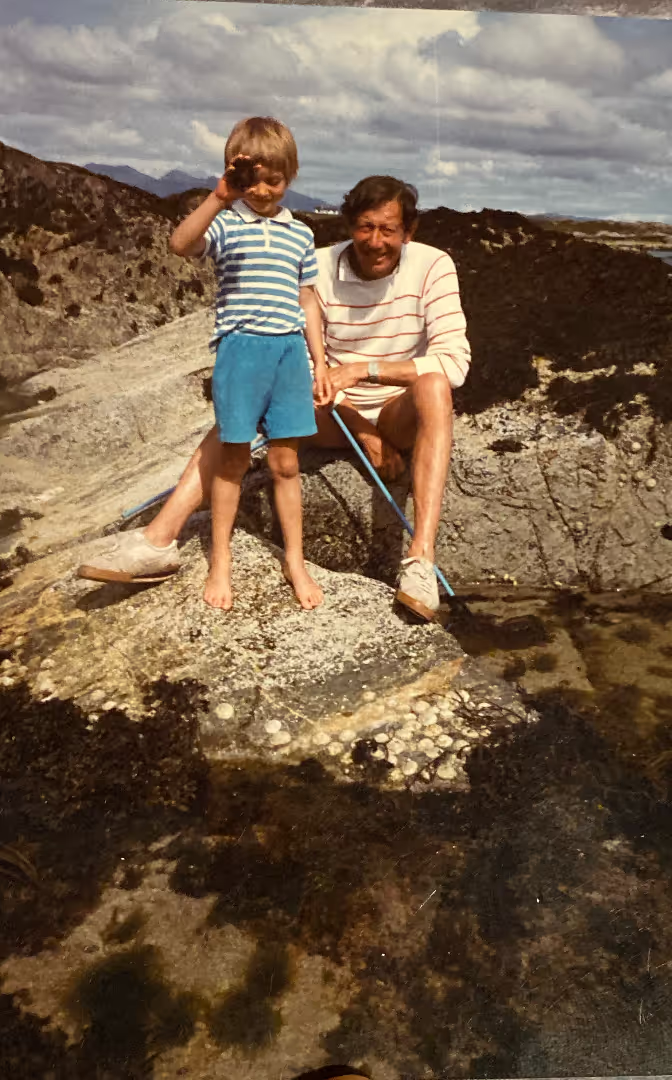How to Practice Self-Care During Grief
When we lose someone we love, grief takes a heavy toll—not only on our minds and hearts but also on our bodies. Yet, in times of such profound sadness, it’s easy to forget to take care of ourselves. This guide offers some practical self-care strategies that, while gentle, we hope can make a meaningful difference as you work through loss.
Grieving often feels all-consuming, affecting every part of our lives. In Ireland, with our close-knit communities and deep-rooted traditions, grief can be a shared experience, yet it remains uniquely personal. Self-care during this time may feel challenging or even selfish, but tending to your own needs helps to maintain strength for the road ahead. It’s about nurturing yourself enough to face each day, to manage the pain, and to slowly find your way forward.
1. Accept Your Emotions and Go Gently
Grief is unpredictable; some days might bring a semblance of peace, while others feel almost unbearable. Feeling sadness, anger, regret, or even guilt is normal. Rather than pushing any feelings aside, try to lean into them. Some find that writing thoughts down in a notebook can help release some of this inner turmoil, especially when speaking feels difficult.
2. Prioritise Rest and Nutrition
Grieving often disrupts sleep and appetite, but it’s essential to give your body what it needs to recover physically. If sleeping at night proves difficult, try to rest during the day. Gentle rituals, like drinking a cup of herbal tea or taking a warm bath, can promote relaxation.
For nourishment, keep it simple. Even if you don’t feel like cooking, small, healthy meals can maintain your energy levels. Fresh vegetables, warm soups, and hearty bread—like those suggested here by chef Jeni Diaz—are easy to digest and comforting. If preparing food feels too overwhelming, lean on friends and family who might be willing to help.
3. Lean on Trusted People in Your Life
In Ireland, we have a deep tradition of community support during times of loss. Don’t hesitate to reach out to people who care for you—those who can listen without judgment or offer a simple presence. Sometimes, a walk with a friend or sharing a cup of tea with a loved one provides a space to grieve openly and without needing to explain.
Consider joining a local grief support group if you’re ready to connect with others who understand your journey. Many communities across Ireland offer these groups, and they can be helpful spaces to share stories and find understanding.
4. Connect with Nature
Ireland’s landscapes can be a source of gentle healing. Whether it’s a walk along the beach, a quiet moment in a forest, or just sitting in your garden, nature offers solace in a way few other things can. This connection with the natural world helps to ground us, reminding us of the cycles of life, renewal, and continuity. Being in nature isn’t about feeling “better” but about finding moments of peace and clarity.
5. Embrace the Healing Powers of Water
Water has long been linked with emotional release and renewal and it can be particularly soothing during times of grief, as explored here. (Link to Power of Water in Times of Grief article). Ireland’s coasts, rivers, and lakes provide a rich, natural setting for this type of healing. Whether by spending time beside the ocean or taking walks along a riverbank, being near water can offer a sense of calm and comfort. For those who prefer a more immersive experience, sea swimming has become popular across the country, with groups gathering to share in the restorative effects of cold water.
6. Practice Small Acts of Self-Care
Self-care doesn’t have to be grand gestures; in times of grief, even the smallest rituals can feel grounding. Light a candle, wrap yourself in a warm blanket, read a few pages of a book, or take a gentle walk. These small acts can help bring comfort to an otherwise overwhelming day.
Final Thoughts
Self-care isn’t a cure for grief, nor does it erase the pain of loss. Instead, it offers a way to tend to your spirit and give yourself permission to heal. By looking after your body, mind, and heart, you’re respecting both your journey and the memory of the person you’ve lost.





